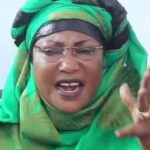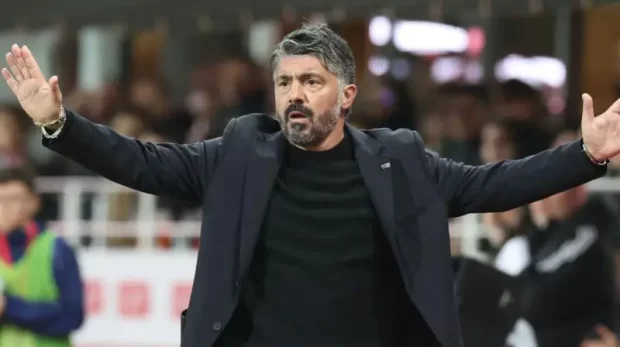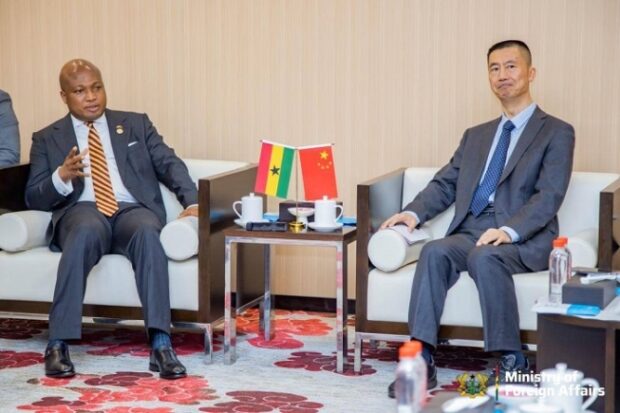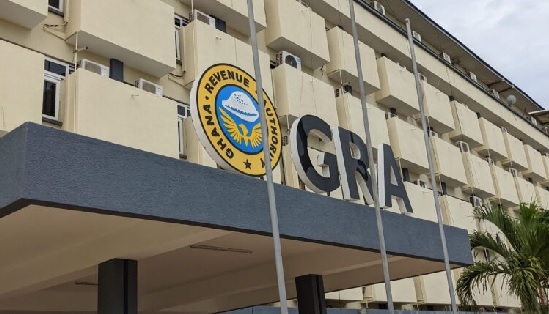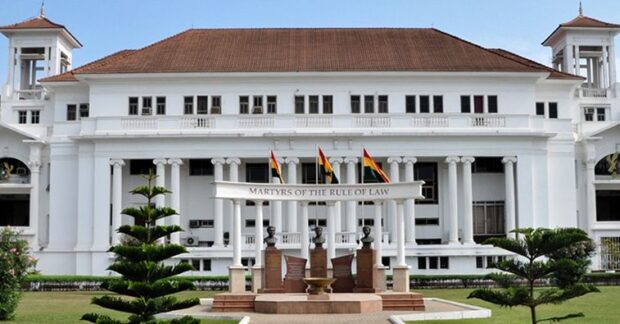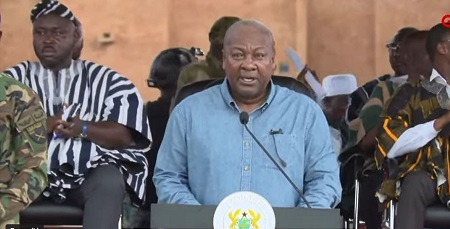
Ghana and the International Monetary Fund (IMF) have reached a crucial staff-level agreement on the fourth review of the country’s economic program under the Extended Credit Facility (ECF), following a two-week mission in Accra led by IMF Mission Chief Stéphane Roudet. The agreement comes despite notable policy slippages ahead of the 2024 general elections and signs of economic strain in key sectors.
In a statement released on April 15, Roudet confirmed:
“IMF staff and the Ghanaian authorities have reached a staff-level agreement on the fourth review of Ghana’s economic program under the Extended Credit Facility arrangement. Upon completion of the Executive Board review, Ghana would have access to SDR 267.5 million (approximately US$370 million), bringing the total disbursed support under the program to about US$2.355 billion since May 2023.”
Stronger Growth Amidst Economic Headwinds
Ghana’s economy showed unexpected strength in early 2024, outperforming growth projections thanks to robust activity in the mining and construction sectors. External factors also turned favorable:
- Gold exports surged,
- Remittances rose, and
- Foreign reserves increased beyond expectations.
These developments painted a picture of resilience, but they were offset by notable challenges as the year progressed.
Election-Year Fiscal Slippages and Policy Delays
Despite the positive indicators, the IMF flagged a “marked deterioration in programme performance” toward the end of 2024. Several issues were cited:
- Significant fiscal slippages due to increased spending in the lead-up to the elections, including a large accumulation of unpaid commitments (payables).
- Inflation overshot programme targets, fueled by loosened fiscal policy.
- Delays in key reforms across fiscal, financial, and energy sectors.
Roudet noted, “Preliminary fiscal data point to slippages in the run-up to the 2024 general elections… Several reforms and policy actions were delayed.”
New Leadership, Renewed Commitment
Ghana’s new leadership has responded decisively, introducing a 2025 budget aimed at stabilizing public finances. The budget targets a primary surplus of 1.5% of GDP, a sharp reversal from last year’s deficit of over 3%.
Key policy responses include:
- Public financial management reforms to rein in expenditure and prevent fiscal overruns.
- Introduction of an enhanced fiscal responsibility framework.
- New rules to tighten expenditure commitments and reduce arrears.
The IMF praised these bold moves, describing them as steps toward restoring macroeconomic stability.
Monetary and Structural Policy Tightening
The Bank of Ghana’s recent interest rate hike was acknowledged by the IMF as a crucial tool to rein in inflation. Additionally, the mission underscored the importance of quarterly electricity tariff adjustments and broader energy sector reforms, which are expected to reduce fiscal pressures and prevent future arrears accumulation.
The IMF also reviewed Ghana’s progress in implementing structural reforms, particularly:
- Governance improvements in state-owned enterprises,
- Efficiency upgrades in the cocoa, gold, and energy sectors, and
- Strengthening of procurement and financial systems to boost transparency and accountability.
Debt Restructuring and the Road Ahead
On the issue of debt sustainability, the IMF welcomed Ghana’s progress. A Memorandum of Understanding (MoU) has been signed with the Official Creditors Committee under the G20 Common Framework, and bilateral agreements are in motion. Talks with commercial creditors are ongoing in line with IMF comparability principles.
Constructive Engagement and Final Remarks
The IMF team engaged with key figures including:
- Finance Minister Dr. Cassiel Ato Forson,
- Bank of Ghana Governor Dr. Maxwell Opoku-Afari,
- Other senior officials and stakeholders.
The mission ended on a positive note, with the IMF commending Ghana’s continued “open and constructive engagement” despite the economic turbulence.

